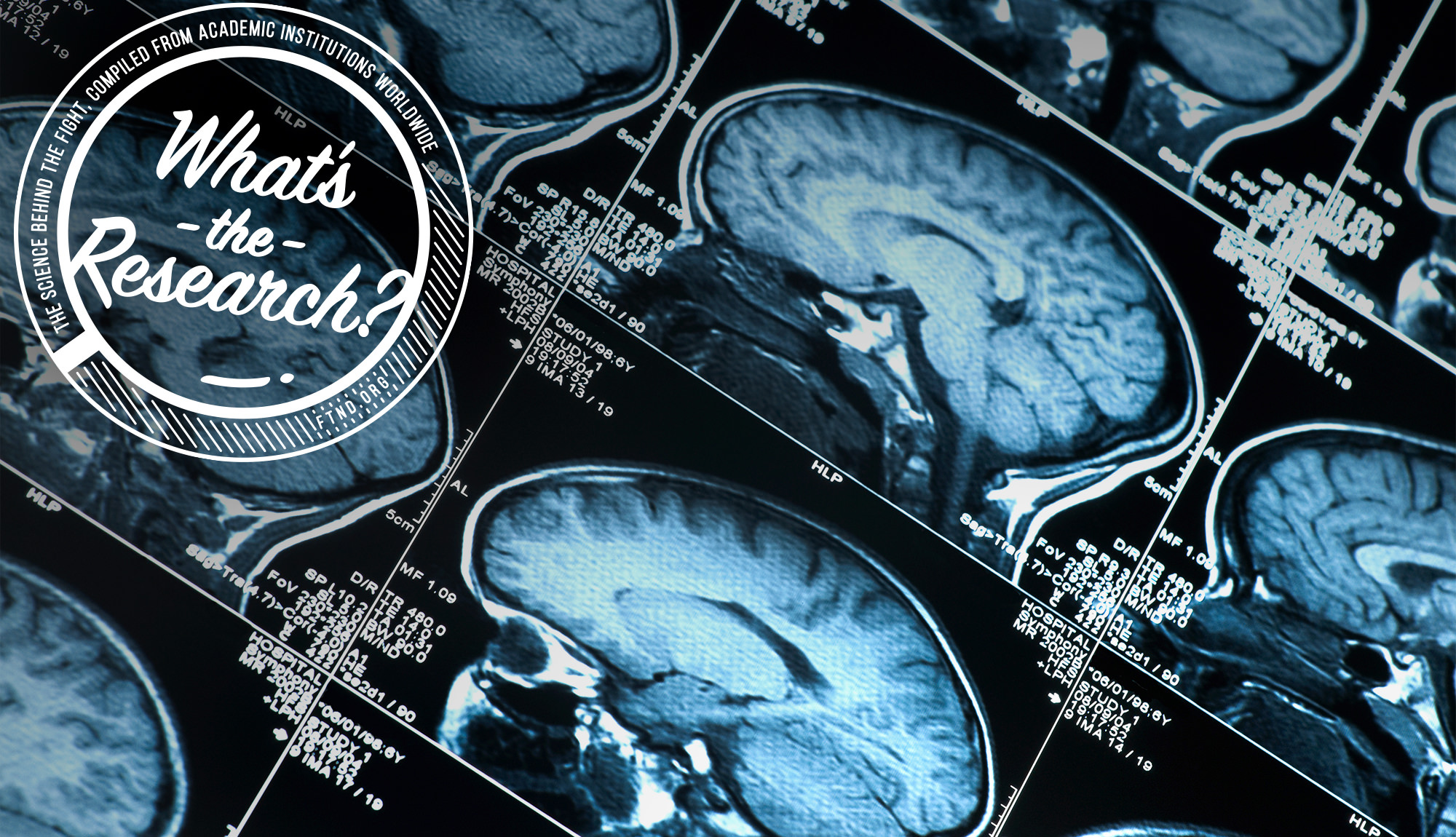Decades of studies from respected academic institutions, have demonstrated significant impacts of porn consumption for individuals, relationships, and society. "What’s the Research" aims to shed light on the expanding field of academic resources that showcase porn’s harms in a variety of ways. Below are selected excerpts from published studies on this issue.
The full study can be accessed here.
Authors: Mateusz Gola Ph.D., Małgorzata Wordecha, Guillaume Sescousse Ph.D., Michał Lew-Starowicz MD, Ph.D., Bartosz Kossowski MSc, Marek Wypych Ph.D., Scott Makeig Ph.D., Marc N. Potenza, MD, Ph.D., Artur Marchewka Ph.D.
Published June 2016
Abstract
Pornography consumption is highly prevalent, particularly among young adult males. For some individuals, problematic pornography use (PPU) is a reason for seeking treatment. Despite the pervasiveness of pornography, PPU appears under-investigated, including with respect to the underlying neural mechanisms.
Methods
Using functional magnetic resonance imaging (fMRI), researchers examined ventral striatal responses to erotic and monetary stimuli, disentangling cue-related ‘wanting’ from reward-related ‘liking’ among 28 heterosexual males seeking treatment for PPU and 24 heterosexual males without PPU.
Subjects engaged in an incentive delay task in the scanner, in which they received erotic or monetary rewards preceded by predictive cues. BOLD responses to erotic and monetary cues were analyzed and examined with respect to self-reported data on sexual activity collected over the 2 preceding months. Men with and without PPU differed in their striatal responses to cues predicting erotic pictures, but not in their responses to erotic pictures.
Results
Findings suggested that, similar to what is observed in substance and gambling addictions, the neural and behavioral mechanisms associated with the anticipatory processing of cues specifically predicting erotic rewards relate importantly to clinically relevant features of PPU. These findings suggest that PPU may represent a behavioral addiction and that interventions helpful in targeting behavioral and substance addictions warrant consideration for adaptation and use in helping men with PPU.
The full study can be accessed here.
Your Support Matters Now More Than Ever
Most kids today are exposed to porn by the age of 12. By the time they’re teenagers, 75% of boys and 70% of girls have already viewed itRobb, M.B., & Mann, S. (2023). Teens and pornography. San Francisco, CA: Common Sense.Copy —often before they’ve had a single healthy conversation about it.
Even more concerning: over half of boys and nearly 40% of girls believe porn is a realistic depiction of sexMartellozzo, E., Monaghan, A., Adler, J. R., Davidson, J., Leyva, R., & Horvath, M. A. H. (2016). “I wasn’t sure it was normal to watch it”: A quantitative and qualitative examination of the impact of online pornography on the values, attitudes, beliefs and behaviours of children and young people. Middlesex University, NSPCC, & Office of the Children’s Commissioner.Copy . And among teens who have seen porn, more than 79% of teens use it to learn how to have sexRobb, M.B., & Mann, S. (2023). Teens and pornography. San Francisco, CA: Common Sense.Copy . That means millions of young people are getting sex ed from violent, degrading content, which becomes their baseline understanding of intimacy. Out of the most popular porn, 33%-88% of videos contain physical aggression and nonconsensual violence-related themesFritz, N., Malic, V., Paul, B., & Zhou, Y. (2020). A descriptive analysis of the types, targets, and relative frequency of aggression in mainstream pornography. Archives of Sexual Behavior, 49(8), 3041-3053. doi:10.1007/s10508-020-01773-0Copy Bridges et al., 2010, “Aggression and Sexual Behavior in Best-Selling Pornography Videos: A Content Analysis,” Violence Against Women.Copy .
From increasing rates of loneliness, depression, and self-doubt, to distorted views of sex, reduced relationship satisfaction, and riskier sexual behavior among teens, porn is impacting individuals, relationships, and society worldwideFight the New Drug. (2024, May). Get the Facts (Series of web articles). Fight the New Drug.Copy .
This is why Fight the New Drug exists—but we can’t do it without you.
Your donation directly fuels the creation of new educational resources, including our awareness-raising videos, podcasts, research-driven articles, engaging school presentations, and digital tools that reach youth where they are: online and in school. It equips individuals, parents, educators, and youth with trustworthy resources to start the conversation.
Will you join us? We’re grateful for whatever you can give—but a recurring donation makes the biggest difference. Every dollar directly supports our vital work, and every individual we reach decreases sexual exploitation. Let’s fight for real love:

